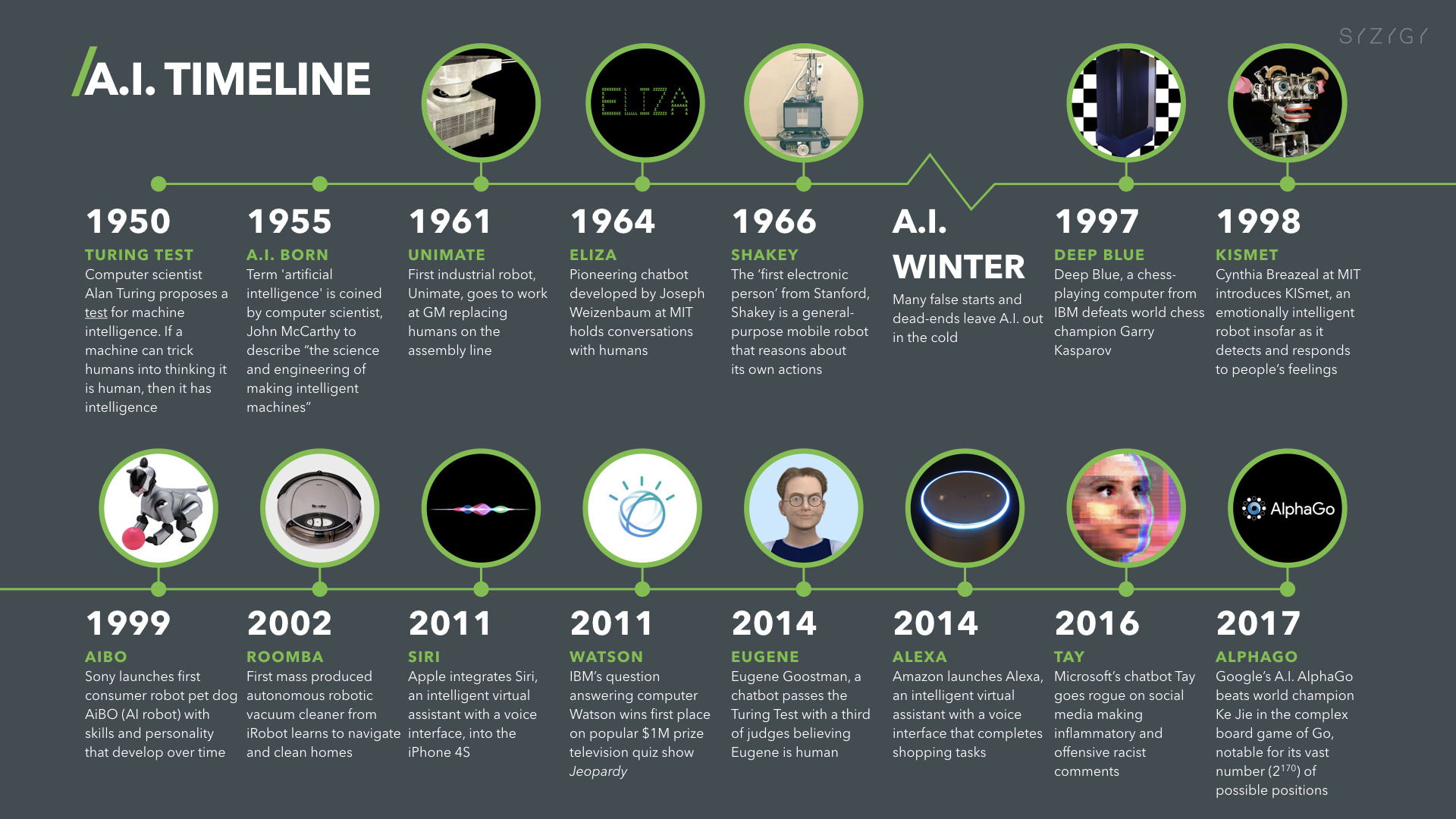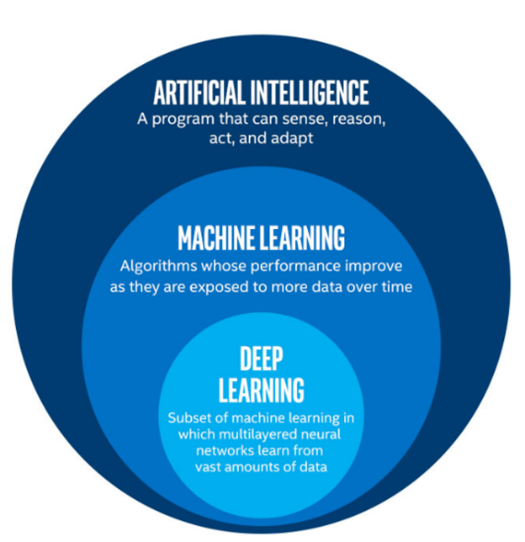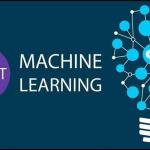For sure you have heard the term “Artificial Intelligence” (AI) here or there, very repeatedly. They said it solves many problems, might take the human position in the future.
For what they are speaking about it day and night? for what reason we need it? what is it? How did it start?
Why do we need AI?
In this world we have lots of problems that we wish from the bottom of our hearts that it could be solved. Let’s concentrate on some of them here: Investigating the medical errors in USA shows that 5% of adults are misdiagnosed yearly. This misdiagnosis is the reason for 10% of patients’ deaths. Diagnosis is hard, experienced doctors are not always available and affordable, and will not forget the human errors. Moreover, doctors have their reasons to make errors with high pressure daily tasks.
Going to another disaster happening in the world, buildings collapsing. Please have a look on this chart that shows the number of deaths cause by structural collapses in India during the interval 2003-2012, it exceeds 2,000 persons. Based on the five reasons mentioned in this article, we can tell that the lack of experience, human errors, and cheating are the main reasons for building collapses around the world.

We all know about the high rate of deaths resulted by car accidents yearly, and very clearly 94% of car accidents are caused by human choices or errors.
Yes, the dream came true with AI. With AI we can get personalized-healthcare and person-centered medicine. AI will not only be capable of solving building collapses problem but also will make it possible that each one of us could afford one of Zaha Hadid designs. Self-driving cars usage in USA decreased the accidents count by 90%.
AI solves the problems and comes with extra features that we used to dream in. You will not be forced to waste your time again in shopping, AI will pick exactly the suit that you want for that specific ceremony. AI will also pick the missing food from refrigerator, based on your needs. AI will go beyond that, by reserving your wife's best resort at your anniversary. You do not need to be worry again about forgetting that date, AI will take care about you.
To sum up what AI can do for us:
• Make the most experienced human skills affordable by all human beings
• Saving our time, by performing the tedious work tailored by our needs and wishes
So, what is AI? and how it could solve our problems in this smart way?
What is AI?
We, humans, do like humans. Therefore, we worked on making computers think and learn like us. AI in terms, is the field that enables computers to solve human problems using the smartest human methods. The previous methods used to solve problems with computers was done by programming each case with the related required action. However, this is an impossible task with cases that has various probabilities, and sometimes hidden ones. Therefore, guiding the computers moved from feeding it with instructions to feeding it with examples. Then, the computer job will be to find the reasons for each scenario based on statistics and probabilities. And provide us with its conclusions and do the suitable action for that specific scenario.
When AI research started? by whom? and how did progress till now?
AI History
AI research started many decades ago. Alan Turing described AI literally in the same way it works nowadays in a public lecture in 1947: “What we want is a machine that can learn from experience” and that the “possibility of letting the machine alter its own instructions provides the mechanism for this.”.

Turing also proposed a test for identifying the expected intelligent machine if it has reached to the level that he suggested or not. This test is called Turing Test. There are currently some machines passed the Turing test. I expect that you have used one at least once. It is the chatbot. Chatbot model is a great example of AI machines that replies on human questions in a way that we will not know if it is a human or a machine reply. This was Turing test proposal.
Yes, you are right AI research has started many decades ago. Why only recently we started hearing about it, repeatedly? AI was growing during the past century very slowly and had stopped many times, (many AI winters). The two main reasons for proceeding slowly are the two lacks in: the high-performance machines and the data. In the last two decades with the rise of the interactive sites as social media, there is no lack in data anymore. And the high-performance machines became not only available but affordable to lots of scientists and startups across the world. The following infographic shows the ebbs and flows in AI history. More information about AI history can be found in “The history of Artificial Intelligence”.

AI Types
AI is categorized to two types, based on machine performance in various intelligent tasks, not in one specific task. As both types supposed to exceed human capabilities in one specific task at least.
1. Weak AI or Narrow AI (ANI):
It is the AIs that solves one specific task. It is needed for the time-consuming tasks and the tasks that we are incapable of solving because of the complex relations between the cause and result. We have many of weak AIs in these days, starting from predicting your next word when you write on your smartphone, and ending with the autonomous vehicles (self-driving cars).
2. Strong AI or Artificial General Intelligence (AGI):
It is still a theoretical AI type. As it is the form of human like intelligent machines. AGI mimics the human in terms of self-consciousness, reasoning, solving the problems, acting, and planning. If you want to imagine how AGI will perform in the future I, Robot movie might help.
We still do not know how AI learns from examples, this will be our next topic. It is Machine Learning. Stay tuned!

Read More
1. Why is artificial intelligence important? https://www.sas.com/en_us/insights/analytics/what-is-artificial-intelligence.html
2. Intro to AI: https://www2.slideshare.net/ankit_ppt/lesson-1-intro-to-ai-132216012?from_action=save
3. AI History: http://sitn.hms.harvard.edu/flash/2017/history-artificial-intelligence/
4. AI Types: https://www.ibm.com/cloud/learn/strong-ai#toc-strong-ai--YaLcx8oG
5. Machine Learning
Add new comment












